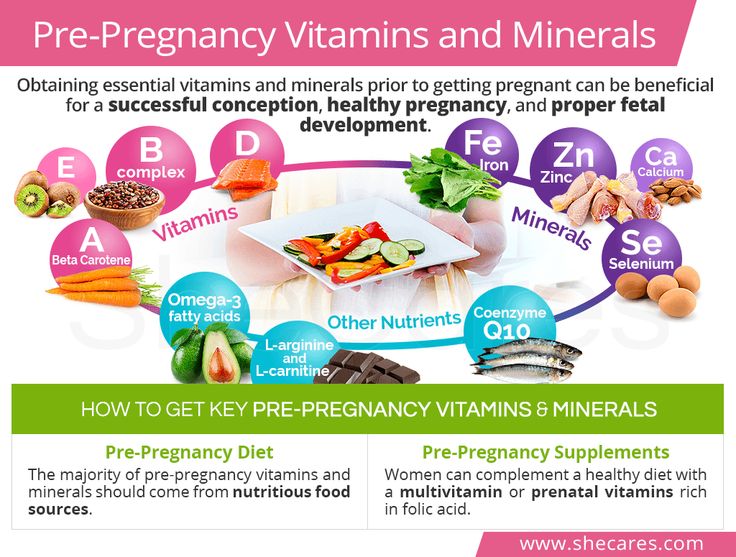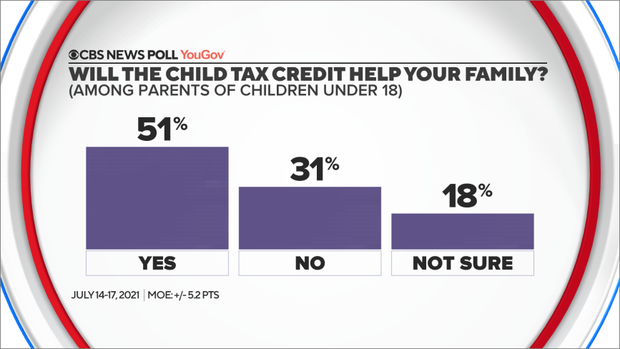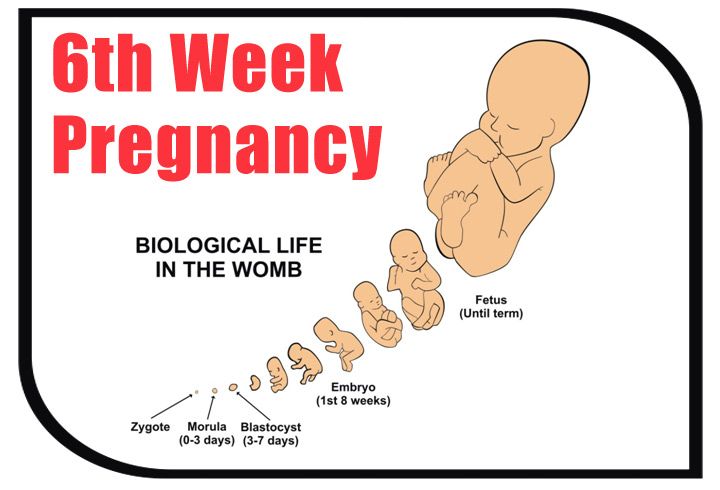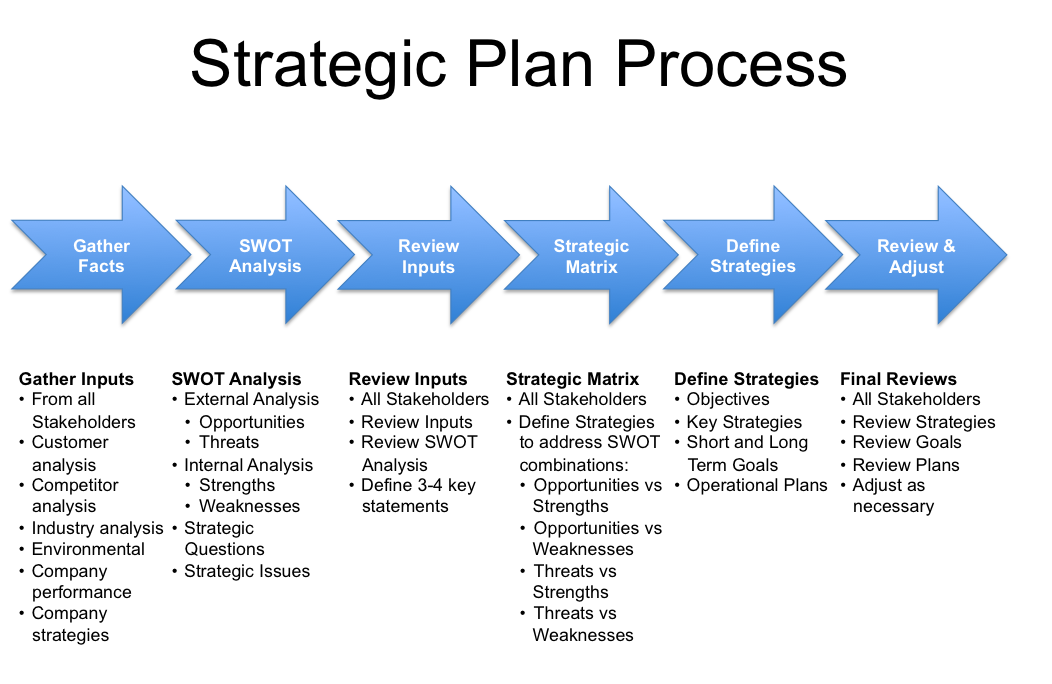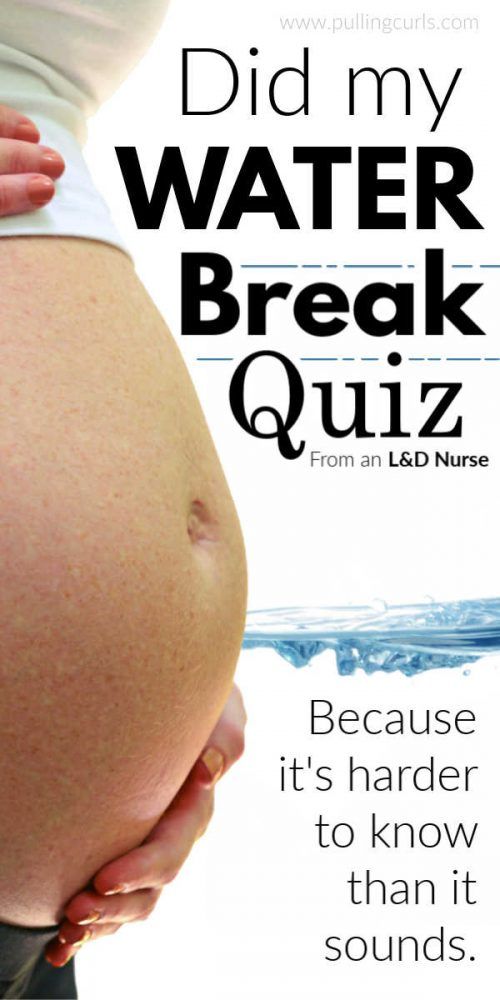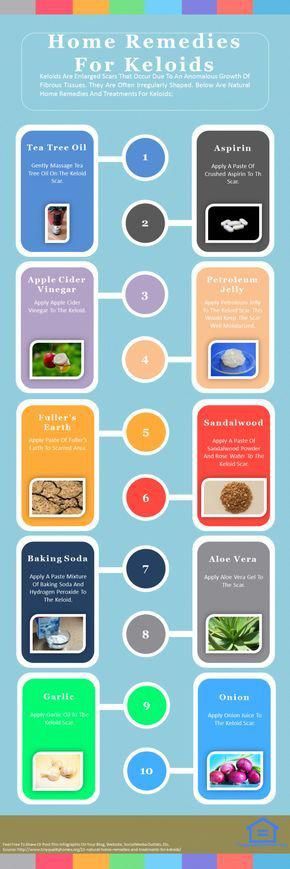Vitamin c supplement pregnancy
What You Need to Know
Viral illnesses are a big worry for pregnant women. Many symptom-combating over-the-counter meds are off-limits — and thanks to a weakened immune system during pregnancy, a nasty virus can sometimes turn into an even nastier infection.
That’s why vitamin C supplements like Emergen-C — which promise to help you fight off every germ that cold, flu, and, er, pandemic season throws your way — are so tempting.
Talk to your doctor
If you have symptoms of COVID-19 or a fever while pregnant, don’t attempt to self-treat with vitamin C. Call your doctor.
These supplements are like vitamin boosts, providing as much immune-supporting vitamin C as a truckload of oranges — and that sounds like a pretty good idea when you’re pregnant or nursing and everyone around you is coughing.
But is it actually a good idea? Most supplements are considered unsafe during pregnancy because they aren’t regulated by the FDA in the same way as drugs. Plus, some supplements and medications taken while breastfeeding can affect your baby.
Emergen-C rests solidly in the check-with-your-doctor-first category, and we’ll tell you why.
There are several different kinds of Emergen-C supplements, all of which contain what the brand calls “high potency vitamin C.”
This is mostly a fancy term for “enough vitamin C to turn you into an orange,” but some vitamin manufacturers claim it means their formulas are less likely to cause digestive upset and more likely to be absorbed into the bloodstream than other kinds of vitamin C.
Some Emergen-C products, such as Everyday Immune Support and Enhanced Immune Support Formula, contain a whopping 1,000 milligrams per serving, along with:
- zinc
- B vitamins
- other electrolytes, like calcium and sodium
Other Emergen-C products include:
- energizing vitamins
- plant-based vitamins
- probiotics
- electrolyte drinks
- a sleep aid
These products may contain lower levels of vitamin C but also probiotic strains, vitamins D and E, elderberries, melatonin, ginseng, and caffeine.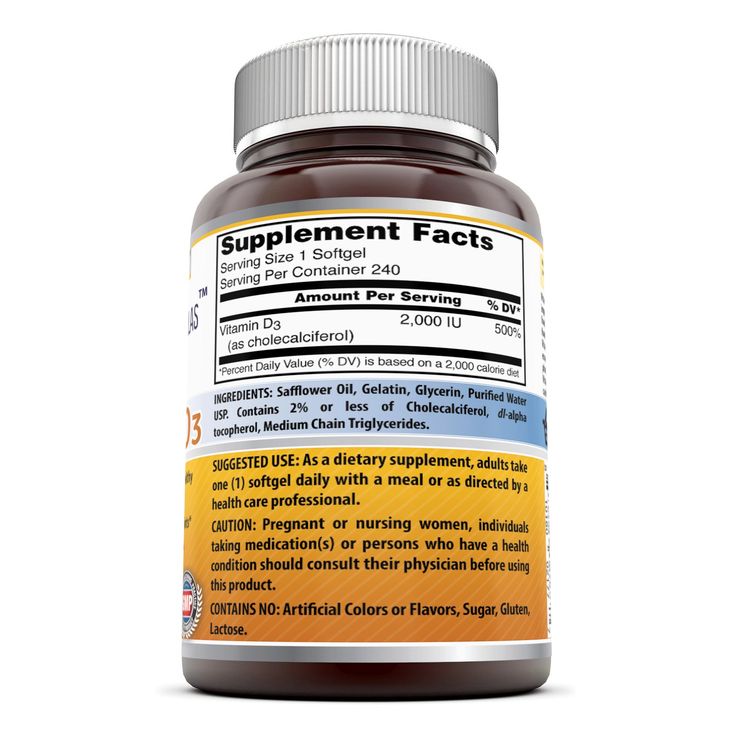
We get it: No one wants to sit around peeling and eating oranges all day in an effort to ward off the plague. There’s a lot of appeal in dissolving some powder into water and chugging down all that sweet, immune-boosting vitamin C in just minutes (or popping a couple of gummies or chewable vitamins).
But if you’re pregnant, you should talk to your doctor first. Most doctors advise pregnant women to steer clear of supplements — other than prenatal vitamins and a handful of much-needed nutrients — for a healthy pregnancy.
That goes for vitamin C, too, as the research is unfortunately lacking. The World Health Organization (WHO) reports that some studies have investigated vitamin C’s effects on pregnancy and birth outcomes, but the results have been mixed. Vitamin C improved outcomes in some cases, but not in others.
As such, the WHO doesn’t recommend the widespread supplementation of vitamin C during pregnancy. That doesn’t mean vitamin C use during pregnancy could harm you, but it does mean there’s not enough evidence that the benefits outweigh the risks. Plus, its effects on immune health specifically during pregnancy haven’t been closely studied.
Plus, its effects on immune health specifically during pregnancy haven’t been closely studied.
The restrictions are slightly more lax for nursing mothers, though there are things to know there, too.
According to the Drugs and Lactation Database, you can take a high daily dose of 1,000 milligrams — like what you would find in Emergen-C — without any adverse effects for you or your baby. However, high amounts of vitamin C could increase your milk supply, so if you’re already struggling with overproduction, keep that in mind.
The amount of vitamin C in Emergen-C products varies but tops off at 1,000 milligrams per serving for their immune-boosting formulas. Meanwhile, their energy vitamins and probiotics include between 250 and 500 milligrams.
According to the Office of Dietary Supplements (ODS), pregnant women over 19 years old should get 85 milligrams of vitamin C daily, while breastfeeding women over 19 should get 120 milligrams daily. These numbers are slightly lower — 80 and 155, respectively — if you’re under 19.
As for how much vitamin C you can take without having side effects, the makers of Emergen-C advise that no one consumes more than 2,000 milligrams of vitamin C per day. The ODS confirms that this is also the upper daily limit (UL) for pregnant and breastfeeding women over 19.
Short-term use of more than 2,000 milligrams per day may not cause any problems other than mild digestive distress, but some research has shown that long-term “megadoses” of vitamin C could cause kidney stones or excess iron absorption.
Unfortunately, pregnant women have more vulnerable immune systems. In fact, they’re usually lumped into that infamous “immunocompromised” category along with infants and the elderly. You know how you can’t eat soft cheese during pregnancy because you might get develop listeriosis? That’s because your immune system is weaker than usual.
That said, you’ll get some supplemental vitamin C in your prenatal vitamin, though the amount will vary by brand. Most contain about 85 milligrams per serving, which puts you squarely in the “recommended daily value for pregnant women” camp and should be enough to keep you healthy under normal circumstances.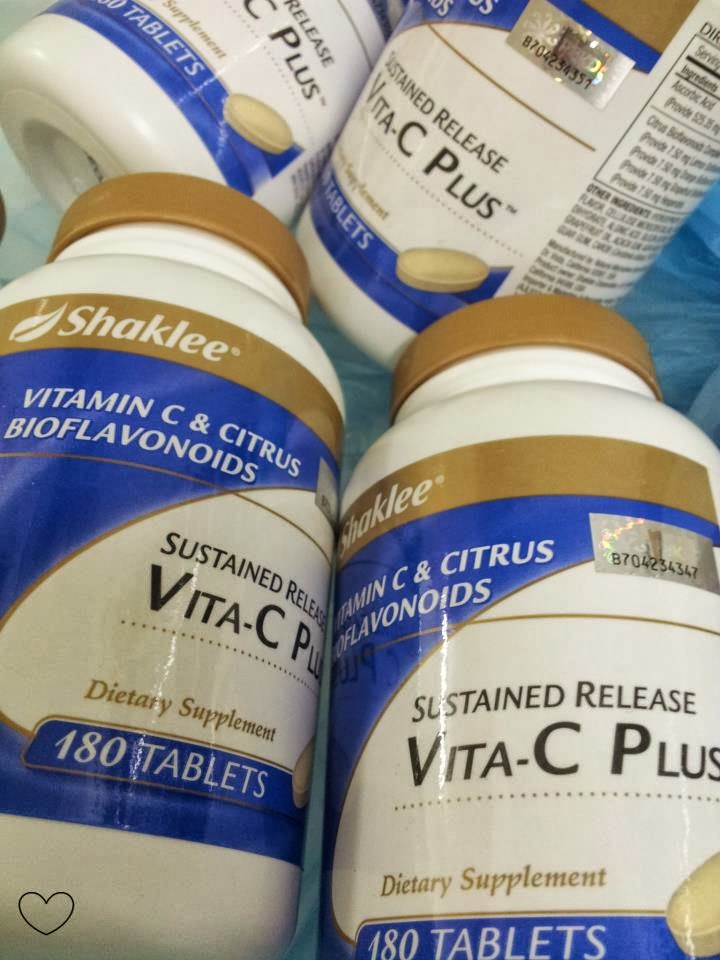
Whether you choose to add an additional vitamin C supplement is up to you — you may feel you need it during sick season (or if you have other small children at home constantly sharing all their preschool germs with you). But you should ask your doctor first if that’s OK, and how much extra you should take.
Don’t forget that you can also get an extra boost of vitamin C from foods, which is a safer but just-as-effective way to increase your levels. Try eating lots of citrus fruits, red and green pepper, broccoli, cherries, spinach, and strawberries.
We understand the impulse to load up on as much vitamin C is safe during pregnancy, especially when there’s a viral pandemic raging in your neighborhood. But more is not always best when it comes to supplements, so you need to check with your doctor before you consume extra amounts of vitamin C.
Furthermore, the good people at Emergen-C agree. In their FAQ section, consumers are instructed to consult their healthcare provider if they’re pregnant or nursing.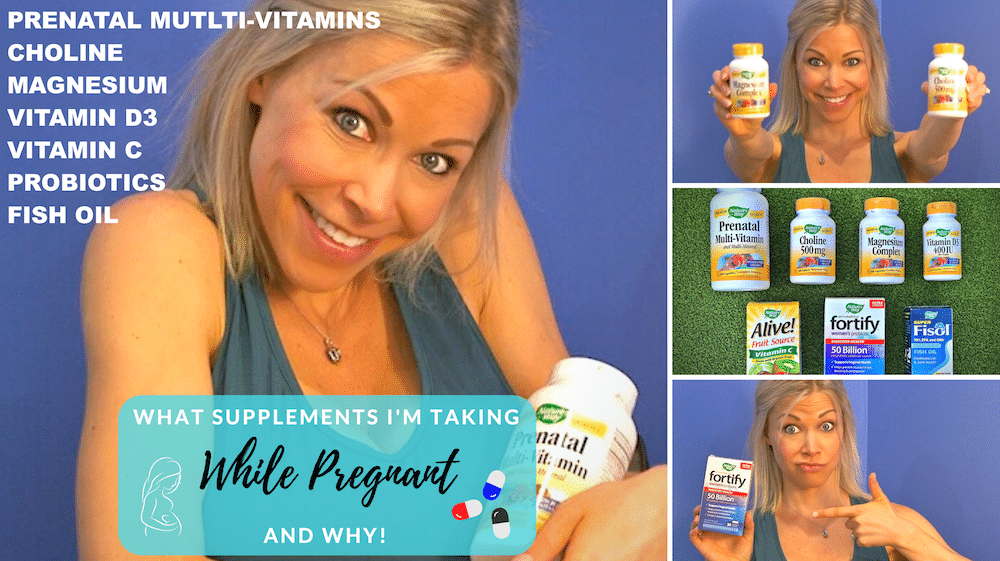
Vitamin C supplements like Emergen-C are probably fine for occasional use, but there’s not much evidence proving their safety or usefulness when it comes to fighting illnesses during pregnancy.
Stay healthy these 9 months by eating a diet rich in vitamins and minerals and practicing good hand hygiene. If you still feel like you need an additional boost of vitamin C, talk to your doctor.
Vitamin C during pregnancy | BabyCenter
Vitamin C is important for a healthy immune system, and during pregnancy it helps you and your baby make collagen for your tendons, bones, and skin. To get enough vitamin C during pregnancy, eat citrus fruits and other fruits and vegetables that are rich in this important nutrient. Because it's fairly easy to get enough vitamin C from your diet and your prenatal vitamin, you probably don't need to take a vitamin C supplement.
Photo credit: iStock.com / nautiluz56
Why you need vitamin C during pregnancy
Both you and your baby need vitamin C daily because your bodies use it to make collagen, a structural protein that's a component of cartilage, tendons, bones, and skin.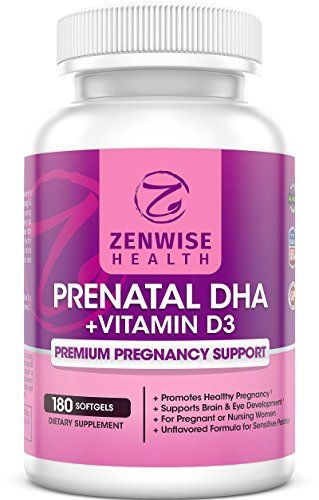 Vitamin C is also important for a healthy immune system.
Vitamin C is also important for a healthy immune system.
Also known as ascorbic acid, vitamin C is essential for tissue repair, wound healing, bone growth and repair, and healthy skin. Vitamin C helps your body fight infections and acts as an antioxidant, protecting cells from damage.
Vitamin C also helps your body absorb iron, especially from vegetarian sources.
Signs of a vitamin C deficiency include fatigue, gum inflammation, slow-healing cuts, bruises, and dry skin.
How much vitamin C do pregnant women need?
Pregnant women need more vitamin C than women who aren't pregnant – and breastfeeding women need even more.
Pregnant women ages 18 and younger: 80 milligrams (mg) per day
Pregnant women ages 19 and older: 85 mg per day
Breastfeeding women ages 18 and younger: 115 mg per day
Breastfeeding women ages 19 and older: 120 mg per day
Advertisement | page continues below
Nonpregnant women ages 18 and younger: 65 mg per day
Nonpregnant women ages 19 and older: 75 mg per day
Best foods with vitamin C during pregnancy
Citrus fruits probably jump to mind – they're especially high in vitamin C – but leafy greens and many other fruits and vegetables are also excellent sources.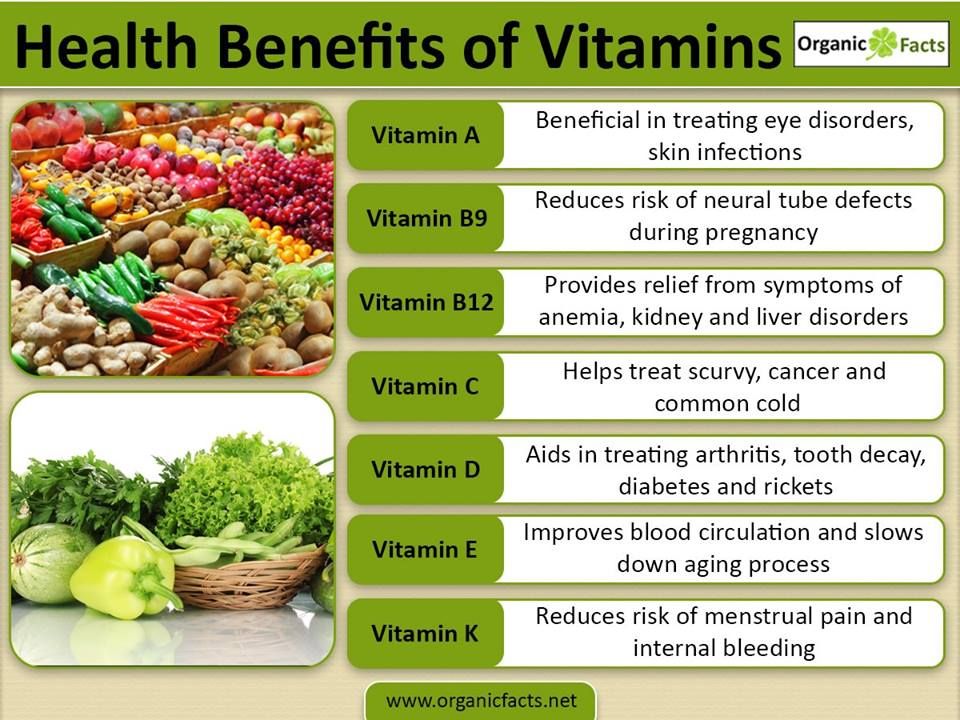 Choose fresh foods as your source of vitamin C because heat can destroy this vitamin. Also, keep in mind that some cereals and juices are fortified with vitamin C.
Choose fresh foods as your source of vitamin C because heat can destroy this vitamin. Also, keep in mind that some cereals and juices are fortified with vitamin C.
Vitamin C also helps maximize the amount of iron you get from the other foods you eat. (You need a lot more iron during pregnancy, and it can be hard to get enough.) That's why it's a good idea to try to include a vitamin C-rich food with every meal. This is especially true when eating vegetarian sources of iron, like beans – the vitamin C can help you absorb up to six times more iron.
Foods that provide vitamin C include:
- 6 ounces orange juice: 93 mg
- 6 ounces grapefruit juice: 70 mg
- one medium kiwi: 64 mg
- 1/2 cup raw, sweet green bell pepper: 60 mg
- 1/2 cup broccoli, cooked: 51 mg
- 1/2 cup strawberries, sliced: 49 mg
- 1/2 medium grapefruit: 39 mg
- one medium baked potato: 17 mg
- one raw, medium tomato: 17 mg
- 1 cup spinach, cooked: 9 mg
Do you need a vitamin C supplement during pregnancy?
There's usually no need to take a separate supplement.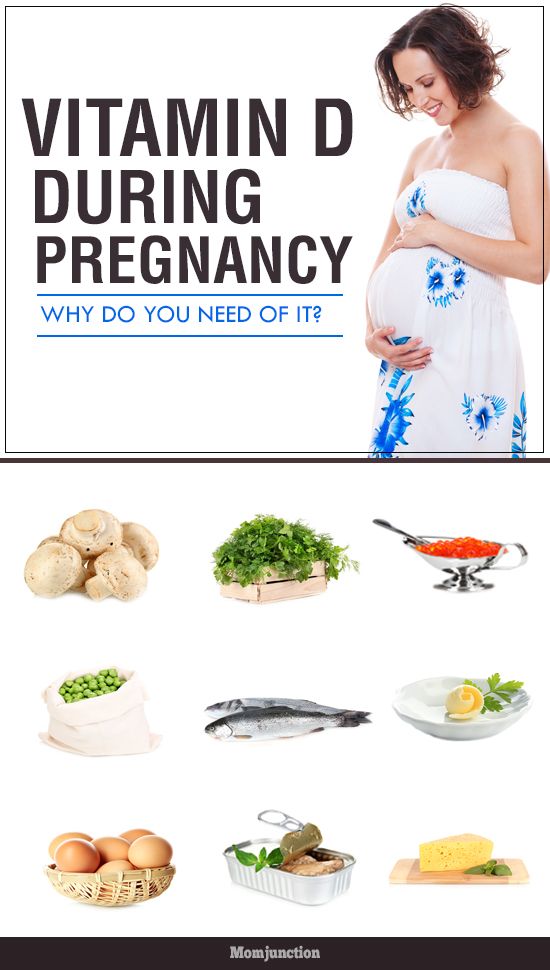 You can easily get the vitamin C you need from fruits and vegetables, and your prenatal vitamins also contain vitamin C.
You can easily get the vitamin C you need from fruits and vegetables, and your prenatal vitamins also contain vitamin C.
It's not a good idea to take large doses of vitamin C when you're pregnant. The maximum daily amount that's considered safe is 1800 mg for women 18 and younger and 2000 mg for women 19 and over. Excessive vitamin C can upset your stomach, and more studies are needed to understand how these supplements could affect pregnancy outcomes.
Was this article helpful?
Yes
No
Eva Dasher
Eva Dasher writes, researches, and edits content on a wide variety of subjects, including parenting, medicine, travel, natural history, science, business, and the arts. Her favorite pastimes include experimenting with new foods, libations, and restaurants, as well as traveling the world with her two college-age children, husband, extended family, and friends.
Vitamins and pregnancy - articles from the specialists of the clinic "Mother and Child"
Kurbatskaya Olga Nikolaevna
Obstetrician-gynecologist
Lapino-1 Clinical Hospital "Mother and Child"
One of the most common questions that pregnant women ask their doctor is what vitamins should I take during pregnancy? Let's say right away whether expectant mothers need to drink pharmaceutical vitamins or not - there is no unequivocal answer to this question. Some doctors believe that the necessary nutrients should be obtained from natural products. Others are in favor of taking pharmaceutical multivitamins. It can only be said unequivocally that vitamins and microelements must necessarily enter the body of a pregnant woman. We will tell you which of them are most important for the expectant mother. nine0010
Some doctors believe that the necessary nutrients should be obtained from natural products. Others are in favor of taking pharmaceutical multivitamins. It can only be said unequivocally that vitamins and microelements must necessarily enter the body of a pregnant woman. We will tell you which of them are most important for the expectant mother. nine0010
Folic acid
Other names for this vitamin are vitamin B 9 or B with . This vitamin is necessary for cell division and reproduction, so it is especially important in the first trimester of pregnancy, when all organs and systems of the child are being laid. Folic acid plays an important role in the synthesis of hemoglobin, and with its deficiency, anemia can develop. And folic acid also helps to reduce the likelihood of spinal defects in a child, takes care of the correct formation of his psyche and intellect. It is better to start taking folic acid three months before the planned conception, since a small supply of this vitamin will only be useful for both the expectant mother and the baby.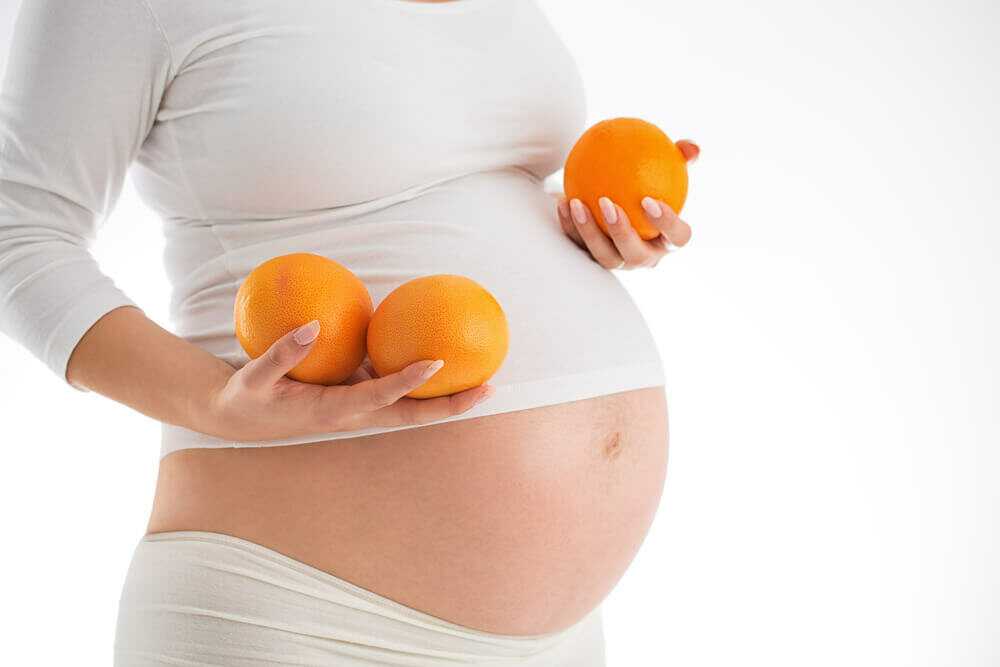 If the pregnancy has come unplanned, then folic acid must be taken as soon as the woman finds out about her situation. On average, the dosage of this vitamin is from 0.4 to 0.8 mg per day. nine0003
If the pregnancy has come unplanned, then folic acid must be taken as soon as the woman finds out about her situation. On average, the dosage of this vitamin is from 0.4 to 0.8 mg per day. nine0003
Calcium
An expectant mother needs about 1200–1400 mg of calcium daily, while an ordinary woman needs 800–1000 mg of this trace element. Why? During pregnancy, the amount of calcium in the body of the expectant mother is significantly reduced, since it is also spent on the growth and development of the child. Especially a lot of calcium is needed in the third trimester, when the baby's skeleton is calcified. But calcium is needed not only for the growth of bones and teeth of a child - with its help, his nervous system, his heart, muscles, skin tissues, eyes, ears, hair and nails are formed. A pregnant woman needs calcium for the full functioning of the kidneys, the prevention of muscle pain, constipation, osteoporosis, caries and toxicosis. In addition, this trace element protects the expectant mother from stress and nervous overload.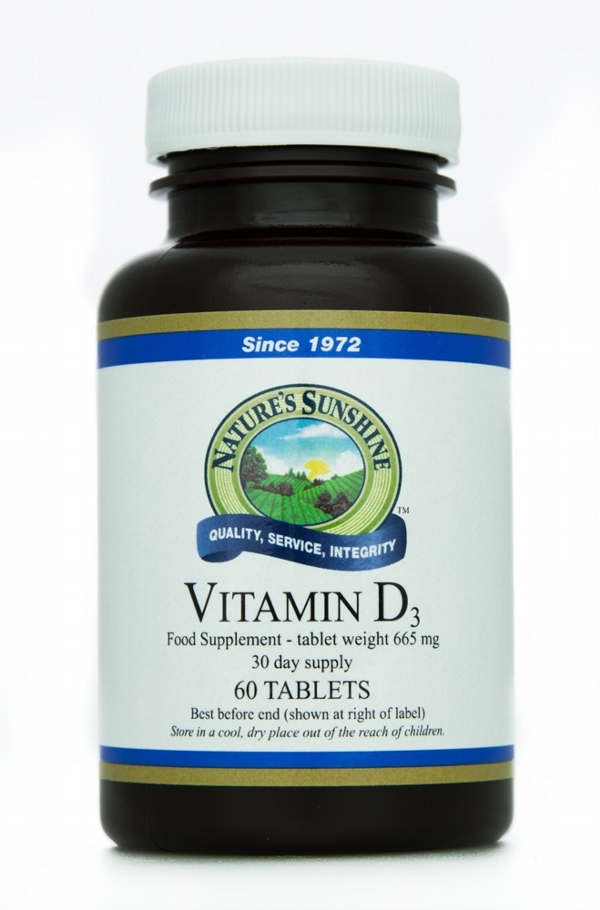 nine0003
nine0003
Vitamin E
This vitamin is involved in the process of tissue respiration, it helps oxygen to penetrate into every cell of the body. At the same time, vitamin E is an excellent antioxidant: it protects cells from the formation of free radicals that can provoke various diseases. This protective function is especially important at the stage of embryo formation. In addition, vitamin E helps to normalize the hormonal balance of the body. In the early stages, it participates in the formation of the placenta, and also protects against abortion. The dose of vitamin E during pregnancy is 15 mg. nine0003
Vitamin E is found in vegetable oils, not less than this vitamin in lettuce, tomatoes, rose hips, parsley, spinach and peas. Some vitamin E is found in meat, eggs and milk.
Magnesium
Magnesium is involved in all metabolic processes, helps to cope with stress, normalizes the functioning of the cardiovascular system and blood pressure, and keeps blood vessels in good shape.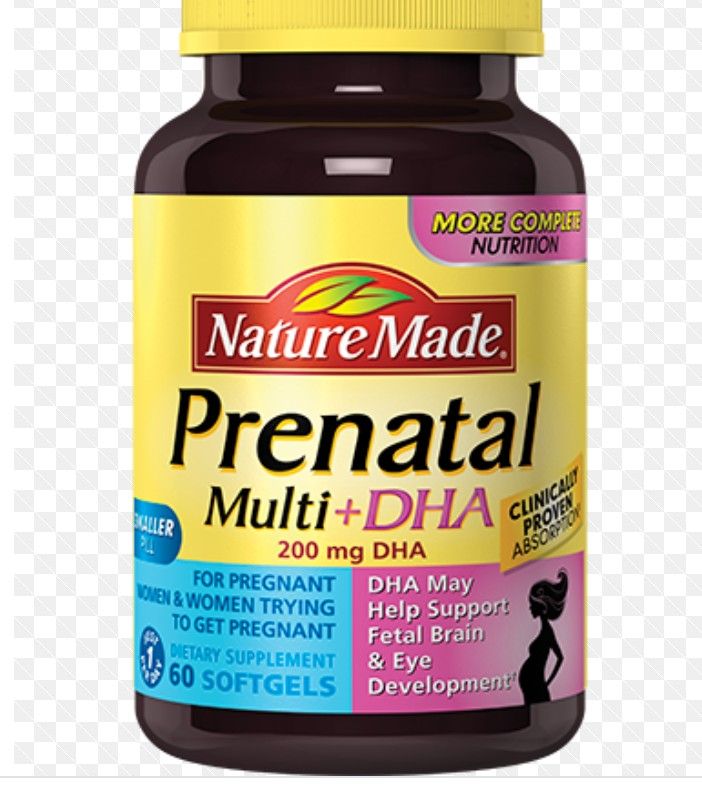 Due to a lack of magnesium in the body, cramps in the muscles (usually in the calves) may appear. And since the uterus is also a muscular organ, with a lack of magnesium during pregnancy during gestation, the excitability of the myometrium increases, which leads to active uterine contractions. Therefore, with hypertension and the threat of abortion, magnesium is often prescribed. nine0003
Due to a lack of magnesium in the body, cramps in the muscles (usually in the calves) may appear. And since the uterus is also a muscular organ, with a lack of magnesium during pregnancy during gestation, the excitability of the myometrium increases, which leads to active uterine contractions. Therefore, with hypertension and the threat of abortion, magnesium is often prescribed. nine0003
Magnesium is rich in whole grains and whole grain breads, figs, almonds, seeds, dark green vegetables, and bananas.
iodine
Iodine is usually prescribed for pregnant women in the first trimester. Up to 16 weeks of pregnancy, the development of the child and the laying of all its organs and systems are "under the protection" of the mother's thyroid gland. And if a woman has little iodine, then this means that some system or organ of the baby may suffer. And even when the child’s own thyroid gland is formed and starts working, she can still take iodine only from the mother’s body. Its daily dose is 250 mg per day. nine0003
Its daily dose is 250 mg per day. nine0003
Iodine is easiest to get from seafood and sea or iodized salt. A lot of iodine is found in sea fish, seaweed, squid, persimmon, feijoa, dates, dried figs, dairy products and meat. However, iodine is destroyed by temperature effects, which means that after heat treatment, the amount of iodine in the products decreases sharply.
Iron
Iron is necessary primarily for the prevention of anemia. After all, it is part of hemoglobin, which carries oxygen throughout the body of the mother and child. In addition, iron is involved in protein synthesis, which is involved in the formation of muscle tissue. And iron deficiency can lead to increased uterine tone. The average daily dosage of iron is 30–60 mg. In some cases, if the woman's iron supply was initially reduced, the dosage may be higher. nine0003
Iron is found in meat, especially a lot of it in veal, turkey, hare, pork and beef. There is iron in plant foods, but from there it is absorbed much worse.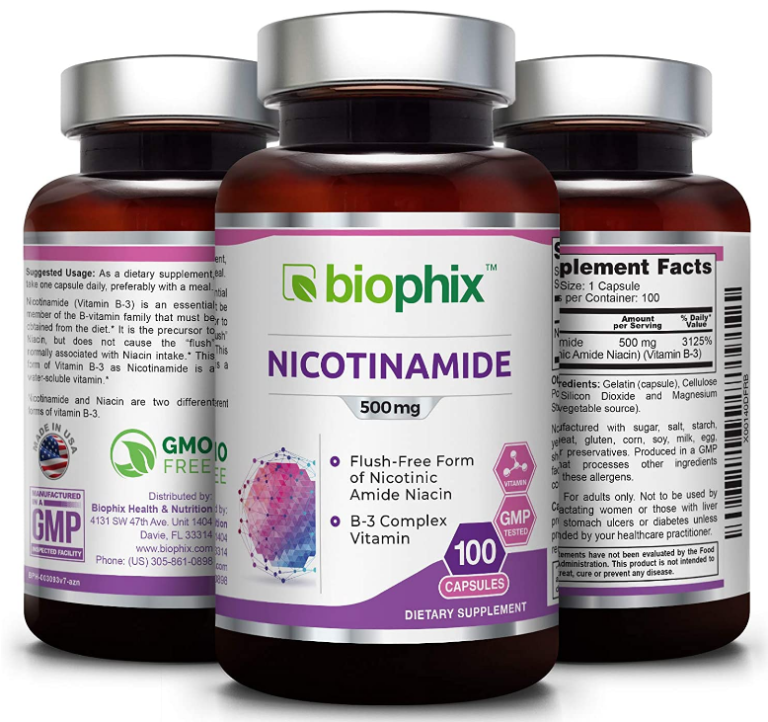 Iron is best absorbed when taken together with vitamin C.
Iron is best absorbed when taken together with vitamin C.
If a pregnant woman eats properly and varied, eats a lot of fruits and vegetables, then she may not need an additional complex of vitamins for pregnant women. It may be necessary to drink some vitamins separately, but this should be determined by the doctor. If, before pregnancy, a woman had signs of vitamin deficiency, she eats incorrectly or poorly, then multivitamins cannot be dispensed with. nine0010
Inset
Vitamin B 9 (folic acid) is found in animal liver, spinach, asparagus, lentils, Brussels sprouts, beans and wholemeal flour. However, it is absorbed very poorly from food, no more than 50%. That is why it is prescribed to almost all pregnant women.
At one time, our body will not be able to absorb more than 500 mg of calcium. Therefore, you should not try to get the entire daily norm of this trace element in one meal. Try to eat foods containing calcium in small portions several times a day.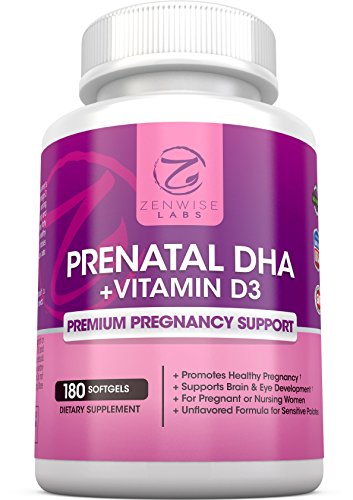 nine0003
nine0003
To increase the concentration of magnesium in tissues, vitamin B 6 (pyridoxine) is needed, which facilitates its absorption and acts as a conductor of magnesium into the cell. Therefore, magnesium and vitamin B 6 are often prescribed together.
Make an appointment
to the doctor - Kurbatskaya Olga Nikolaevna
Lapino-1 Clinical Hospital "Mother and Child"
PregnancyHome birthBirth
By clicking on the send button, I consent to the processing of personal data
Attention! Prices for services in different clinics may vary. To clarify the current cost, select a clinic
Clinical Hospital MD GROUPClinical Hospital Lapino-1 "Mother and Child"Clinic KG "Lapino" in Odintsovo (branch)Clinic "Mother and Child" Khodynskoye PoleClinic "Mother and Child" KuntsevoClinic "Mother and Child" SavelovskayaClinic "Mother and Child" Yugo-ZapadMother and Child Clinic NovogireyevoMother and Child Clinic Lefortovo
All directionsSpecialist consultations (adults)Specialist consultations (children)Laboratory of molecular geneticsGeneral clinical examinationsProcedural roomTelemedicine for adultsTherapeutic examinationsUltrasound examinations for adults
01.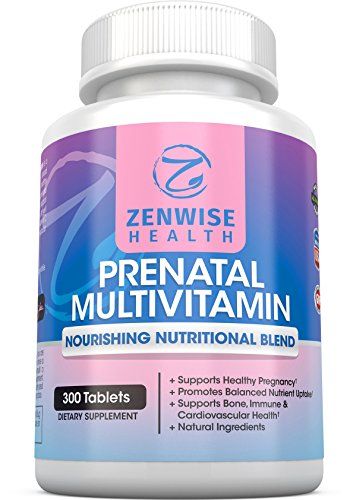
Specialist consultations (adults)
02.
Specialist consultations (children)
03.
Laboratory of molecular genetics
04.
General studies
05.
Procedure Cabinet
06.
Television and adults
07.
07. adults
Nothing found
The administration of the clinic takes all measures to timely update the price list posted on the website, however, in order to avoid possible misunderstandings, we advise you to clarify the cost of services and the timing of the tests by calling
What vitamins do you need during pregnancy
During pregnancy, a woman's body changes and requires much more vitamins and microelements than during normal times. The hormonal background and blood composition are changing, due to the development of the baby, you need to get twice as much iron and folic acid, 50% more calcium and zinc, and B vitamins - more by a third.
Pregnancy planning vitamins
Vitamin deficiencies are not so severe in Russia - as a rule, the average person on a normal diet has enough vitamins from food, but when it comes to a pregnant woman, supplementation will simply be inevitable.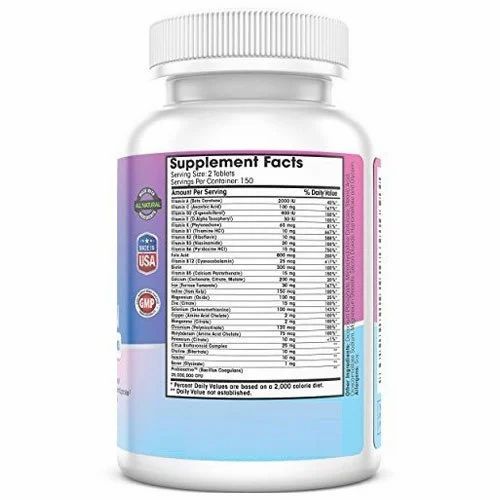 nine0003
nine0003
The most essential vitamin in preparation for pregnancy is B9 (folic acid). He is responsible for the development of the nervous system of the child. Folic acid during pregnancy should be taken up to the 12th week. The daily dose is normally 400 mcg. A lack of folic acid during the first trimester can cause underdevelopment of the baby's brain.
Early Pregnancy Vitamins
Different diets and vitamins are required for different stages of pregnancy. Your obstetrician-gynecologist should provide you with detailed information. As mentioned above, the most essential vitamin in early pregnancy is folic acid. But do not forget about other elements. nine0003
- Vitamin A during pregnancy. Retinol is essential for the mother during the first and third trimesters. Its dose should not exceed 1400 mgc per day, since an overdose may interfere with the development of fetal tissues.
- Vitamin E during pregnancy. Tocopherol is needed not only by itself, but also as a substance that helps the body absorb vitamin A.
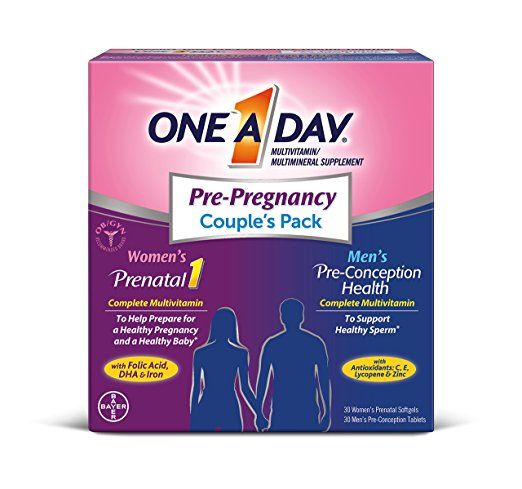 A lack of tocopherol leads to a constant feeling of weakness, and the baby may have problems with the development of vision. In addition, vitamin E during pregnancy plays a useful role as an antioxidant. Too much leads to heart problems. nine0154
A lack of tocopherol leads to a constant feeling of weakness, and the baby may have problems with the development of vision. In addition, vitamin E during pregnancy plays a useful role as an antioxidant. Too much leads to heart problems. nine0154 - Vitamin D during pregnancy. This vitamin is needed by the mother's body for the synthesis of certain hormones. It also helps in the absorption of calcium.
- Vitamin B6. This is one of the most important components during pregnancy. The need for it increases by a third compared to the period before conception. B6 is responsible for the synthesis of amino acids and proteins that serve as building blocks for the fetus. Also, a sufficient amount of vitamin in the body reduces the frequency and severity of toxicosis during the first and second trimesters. nine0154
To choose the right diet, taking into account the needs of the body and tell you how to take vitamins, you should have a personal obstetrician-gynecologist at the consultation on the pregnancy management program.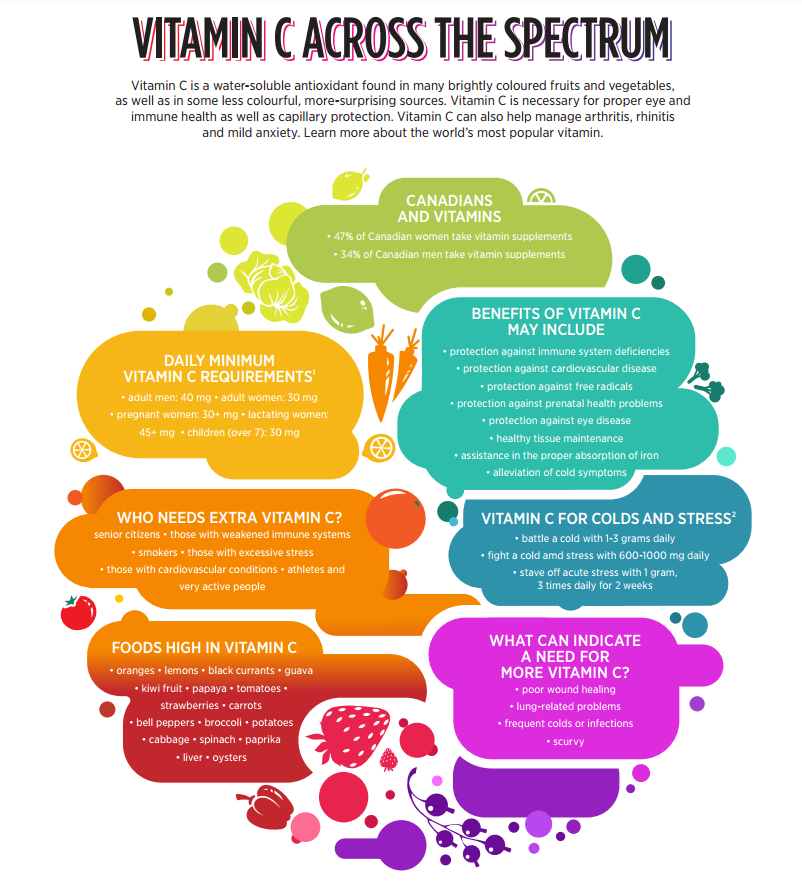 In the Medicenter, such a program (which includes consultations, examinations and tests) is divided into trimesters.
In the Medicenter, such a program (which includes consultations, examinations and tests) is divided into trimesters.
Multivitamins during pregnancy
In any pharmacy you can find a lot of multivitamin complexes, which contain all the necessary elements. Is there a difference between them, and which one should I choose? This is not an easy question, and your doctor should help resolve it. Most often, it is recommended to take the Vitrum complex during pregnancy, so this is one of the few drugs where dosages are selected specifically for the period of perinatal development of the baby. nine0003
Hypovitaminosis during pregnancy
Vitamin deficiency during pregnancy can affect the health of mother and child in different ways. During the first trimester, the nervous system of the baby can suffer the most from hypovitaminosis, as a result of which the risk of miscarriage increases dramatically. At a later date, problems arise with the development of individual organs, the cardiovascular and digestive systems are poorly formed.